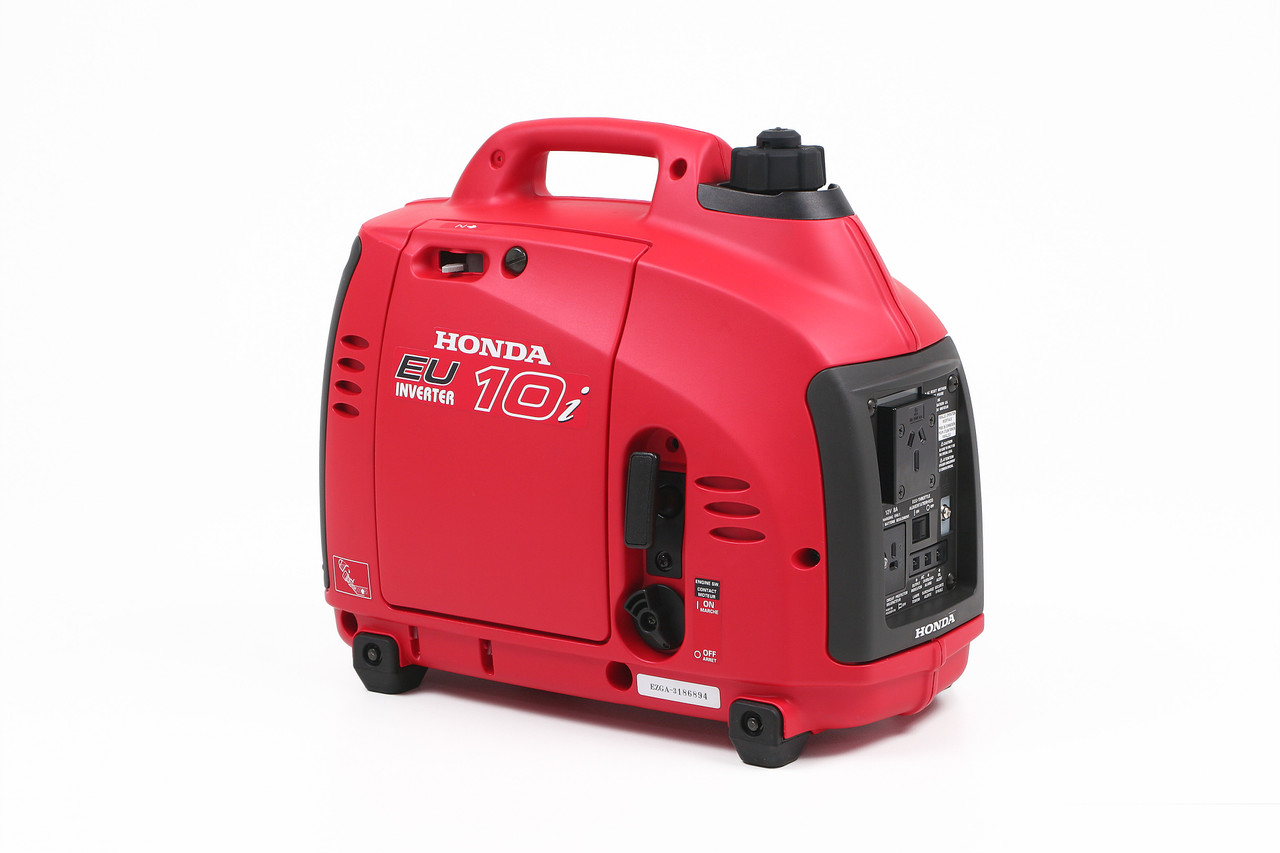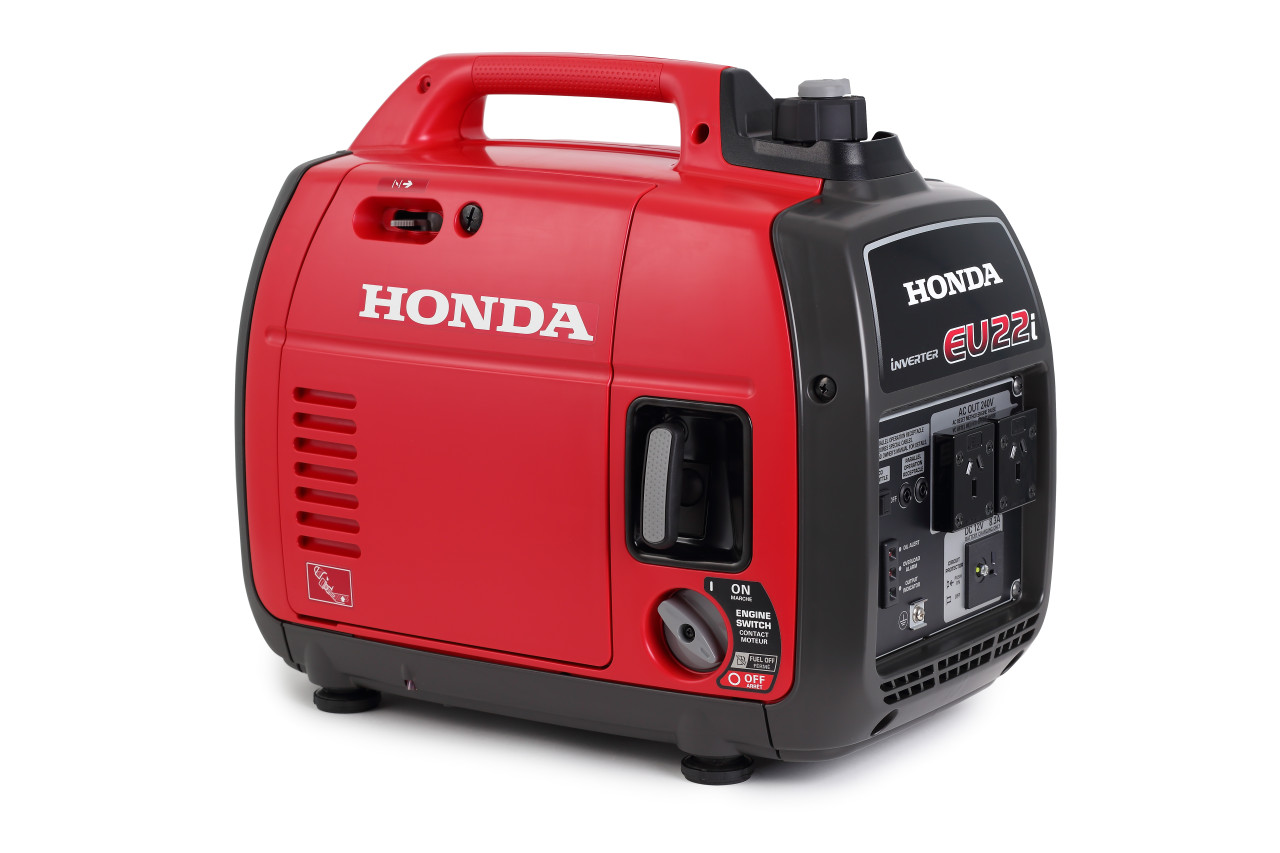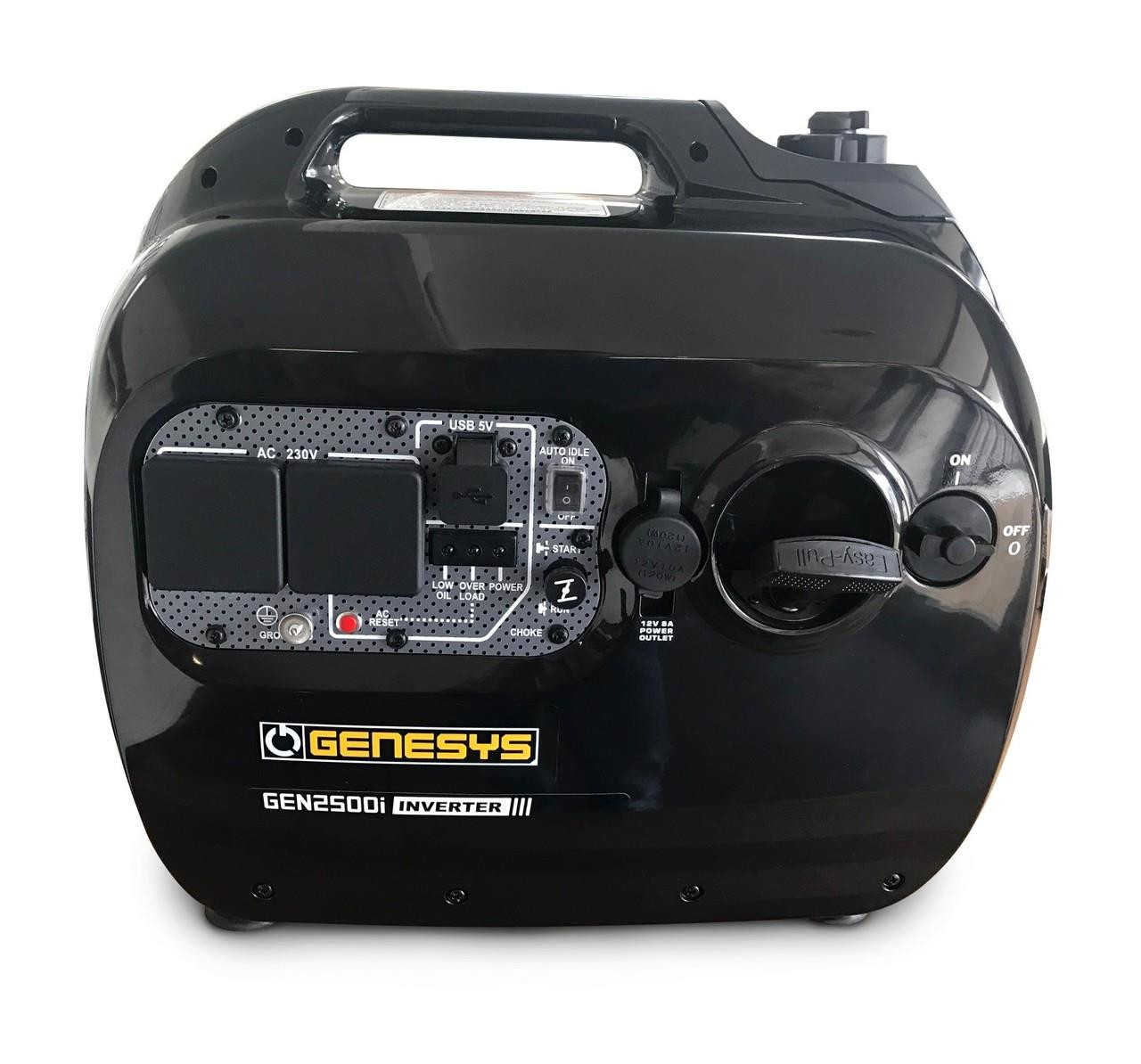What Size Generator Will Run A Refrigerator?
13th Apr 2023
During a power outage, keeping essential appliances like the fridge running is the first thing we think of.
Here’s our quick guide on how to choose the right size generator to power your fridge. We’ll also recommend some of our best generators to get you started.
What Size Generator Do I Need For My Fridge?
This always depends on the make and model of your fridge. Large or older fridge models tend to chew up far more power than modern, energy-efficient models.
Running watts can range from 50W to 1,500W, whereas starting wattages may be anywhere between 200W to 5000W.
Here’s how to determine what generator size will best suit your refrigerator.
Calculate Your Power Output
Before you start your search, you need to know how much power your refrigerator uses.
Look for both the starting and running watts your fridge requires. Starting watts is the extra power drawn for the first few seconds when you turn the fridge on. Running watts is the continuous power your fridge draws during use.
You must understand both power requirements - starting watts can sometimes be three times more than the running watts.
For example, a medium to large-sized refrigerator draws between 200 – 400 running watts of electricity, and up to 1,200 starting watts. So, you’ll want to look for a generator with a 1,300-1,500W maximum power output to run it.
You should be able to find this information in the owner’s manual or on the manufacturer tag on the back of the fridge.
Do You Need An Inverter Generator?
If you’re powering a modern smart fridge, camping or caravan refrigerator, an inverter generator may be a good choice. Inverter generators produce clean, sine-wave power that won’t damage the sensors or control panels within your fridge.
Standard generators, on the other hand, often produce high total harmonic distortion (THD) that may damage the micro-compressors in frequency-sensitive devices like smart fridges.
The 3 Best Generators For Refrigerators (Our Top Picks)
Honda EU10i - Best For Mini & RV Refrigerators

Power guide: Mini fridges, bar fridges and caravan fridges typically require between 40-100 running watts and up to 80-150 starting watts.
The Honda EU10i is compact yet powerful, delivering 1,000 watts of maximum power from a lightweight 13kg device. With Honda’s signature sine-wave inverter technology, the EU10i will safely power mini fridges, RV refrigerators and other frequency sensitive electronics like phones and laptops.
The EU10i’s built-in Eco Throttle mode reduces generator noise output to 52 dBA while extending its run time for up to 8 hours of continuous power. You can also double your output to 2kVA by linking a second EU10i with a special parallel connection cable.
Key features of the Honda EU10i include:
- Max output: 1,000W
- Continuous output: 900W
- Weight: 13kg
- Run time: 4-8 hours
- Noise level: 52dBA at 7m
- Inverter: Yes
Honda EU22i - Best For Standard Refrigerators

Power guide: Standard modern and smart fridges consume between 150-500 running watts and up to 700-1,000 starting watts.
The Honda EU22i is ideal for powering medium size modern fridges, smart fridges and deep freezer chests. It produces 2,200 watts of maximum power and 1,800 watts of continuous power from a compact 21.2kg device.
The EU22i’s built in Eco Throttle mode allows the generator to automatically adjust its engine speed to meet demand. This saves you a significant amount of fuel while extending the generator’s run time to 8 hours. It also ensures a minimal noise output of 53 dBA at 7m.
Key features of the Honda EU22i include:
- Max output: 2,200W
- Continuous output: 1,800W
- Weight: 21.2kg
- Run time: 8 hours using Eco Throttle
- Noise level: 53dBA at 7m
- Inverter: Yes
Genesys GEN2500i - Best For Old & Large Fridges

Power guide: Large and old model refrigerators typically require 200-400 running watts and up to 1,000-1,200 starting watts.
Producing a maximum 2,400 watts, the Genesys GEN2500i is fit for powering old, large or side by side fridges during a power outage. It’ll also comfortably run several other essential devices simultaneously like TVs and lights. The GEN2500i runs for 40% longer than other models in its power bracket, with a continuous running time between 6-20 hours depending on the load.
Operating the GEN2500i is easy, with a simple pull cord start and all controls conveniently located on a single side. It’s compact, lightweight and produces a minimal noise output of 52 dBA, so it won’t disrupt the neighbours.
Key features of the Genesys GEN2500i include:
- Max output: 2400W
- Continuous output: 2100W
- Weight: 19.8kg
- Run time: 6-20 hours
- Noise level: 52dBA at 7m
- Inverter: Yes
Get the Right Advice. Contact Us Today
With years of experience, you can rely on Blue Diamond Machinery to provide the right advice and a generator to meet your unique requirements.
For more information on the best model to suit your power requirements, contact us today or speak to one of our expert team on 1300 998 647.



